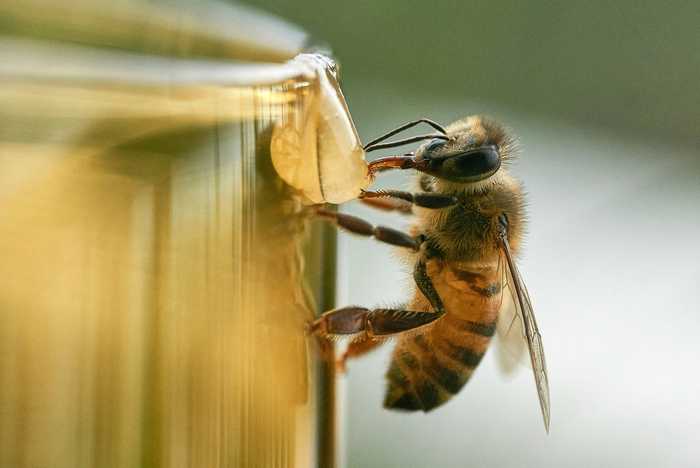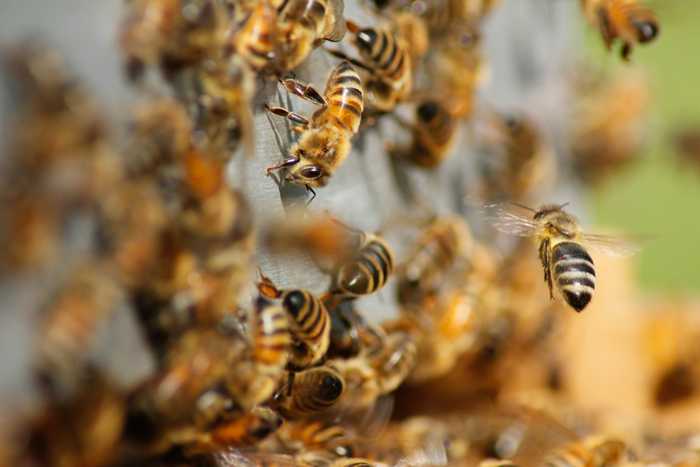Published 16:17 IST, February 6th 2024
Fun Facts About Bees That Prove How Important These Pollinators Are For The Planet
From pollinating crops to producing honey and beeswax, contributions of bees to ecosystems and human well-being are immeasurable.
Fun facts about honey bees | Image:
Unsplash
Advertisement
Bees are not only fascinating creatures but also play a vital role in the ecosystem as pollinators. Without bees, many of these crops would struggle to reproduce and yield the bountiful harvests we rely on for sustenance. Their importance to the planet cannot be overstated, and here are ten fun facts that highlight just how essential bees are for the environment.
- According to IPBES, the western honey bee is the most widespread managed pollinator globally, and more than 80 million hives produce an estimated 1.6 million tonnes of honey annually.
- According to bee experts at the Food and Agriculture Organization (FAO) of the United Nations, a third of the world’s food production depends on bees.

- There are over 20,000 species of bees worldwide, ranging from honeybees and bumblebees to solitary bees and stingless bees. Each species has its unique characteristics and plays a specific role in pollination and ecosystem health.
- Bees produce honey as a food source for themselves and their colonies. Honey is not only delicious but also has antibacterial properties and is used in various traditional medicines and skincare products.
- Beeswax, which is secreted by worker bees to build honeycomb cells, has numerous uses in cosmetics, candles, and woodworking. It is a natural and sustainable material prized for its versatility and eco-friendly properties.
- Bees are incredibly hard working insects, with worker bees flying thousands of miles and visiting hundreds of flowers each day in search of nectar and pollen. Their diligence and efficiency ensure the successful pollination of crops and the continued productivity of ecosystems.
- Honeybee colonies are organised into intricate social structures, with each member playing a specific role in the hive. From queen bees and drones to worker bees and nurse bees, each bee contributes to the overall functioning and survival of the colony.

- Bees are considered keystone species, meaning they have a disproportionately large impact on their environment relative to their abundance. Their pollination services are essential for maintaining biodiversity and supporting the health of ecosystems worldwide.
- Climate change poses a significant threat to bee populations, with rising temperatures, habitat loss, and changes in weather patterns affecting their ability to forage and reproduce. Protecting bee habitats and implementing conservation measures is crucial for their survival.
- According to UNEP, the health of bee populations can serve as an indicator of overall environmental health. Declines in bee populations can signal broader issues such as habitat destruction, pesticide use, and pollution that affect ecosystems and human well-being.
16:17 IST, February 6th 2024